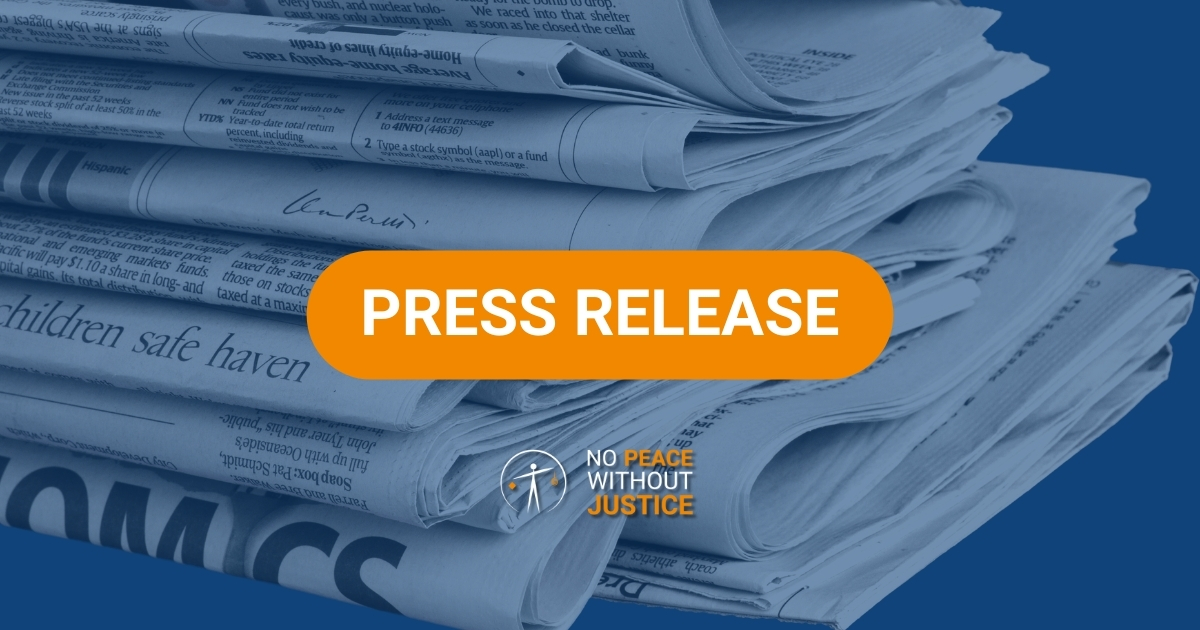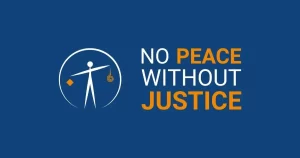This 7 April marks the 29th anniversary of one of the most tragic episodes in human history. During only a period of 100 days, genocide and other atrocities were committed by members of the Hutu population against the Tutsi population living in Rwanda, based on racist ideological principles. The media played a central role, inciting massacres and naming Hutu who did not do their “duty” as a traitor. Following the genocide, it was estimated that between 800,000 and more than 1 million people died, with hundreds of thousands of children orphaned, thousands of women left widows and thousands of women who had been raped left to deal with HIV. Many who survived became refugees, with destabilising consequences that were a catalyst for other catastrophic conflict events. While many have since returned, the scars remain vivid in their minds.
The United Nations, particularly the Security Council, failed spectacularly in their duty to maintain international peace and security, abandoning the people of Rwanda while the rest of the world could only watch. At the same time, the role of some European countries must be recognised, both in the colonial history that set the stage for the genocide, and during the genocide itself. During Belgium’s colonisation of Rwanda, due to a physiognomic theory that was popular in the 19th century, the colonial rulers favoured Tutsi people for managing political and institutional power because they were taller, thin and light-skinned, a phenotype closer to Western standards than other ethnicities. Over decades, the hatred between ethnicities sparked by this approach increased, creating tensions and escalations of conflict.
During the genocide, France provided financial and military support through “Operation Turquoise”. This operation had the effect of blocking the patriotic front, who were trying to stop the genocide, and effectively propping up the genocidal Hutu regime. This operation was the subject both of a UN independent inquiry and court cases filed by victims in Paris. Nowadays, there is still the fear of forgetting the truth related to these crimes, since until October 2017 these aspects were often neglected by France. Without the truth it becomes impossible to reach justice. During the anniversary commemoration of the Rwanda genocide in 2019, President Macron announced to position to declassify and make accessible to the public all the documents present in the French archives from 1990 to 1995, which hopefully demonstrates a commitment to reveal the truth.
Spurred by the genocide and equally shocking crimes around the world, work on international justice intensified during the ‘90s. The creation of the International Criminal Tribunal for Rwanda (ICTR) and the International Criminal Tribunal for the former Yugoslavia (ICTY) in the mid ’90s paved the way for the adoption of the Rome Statute of the International Criminal Court in 1998. Despite many challenges, the ICTR and ICTY helped the quest for justice of survivors both in Rwanda and in the former Yugoslavia, spurring recognition of their rights to truth, reparation, justice and memory.
Every day, but especially today, NPWJ honours and commemorates the victims of genocide in Rwanda. It is essential to ensure justice for the million Tutsis who were massacred under the silence and indifference of the international community, as it remains essential for victims of these types of crimes around the world. Justice continues to be the tool at the forefront of our work, as the basis for the fight against impunity and the pursuit of accountability and redress. In order not to forget and to honour the victims, we continue to fight for justice and to strengthen the institutions whose mandate is to provide accountability and ensure the respect of the rule of law and human rights.




